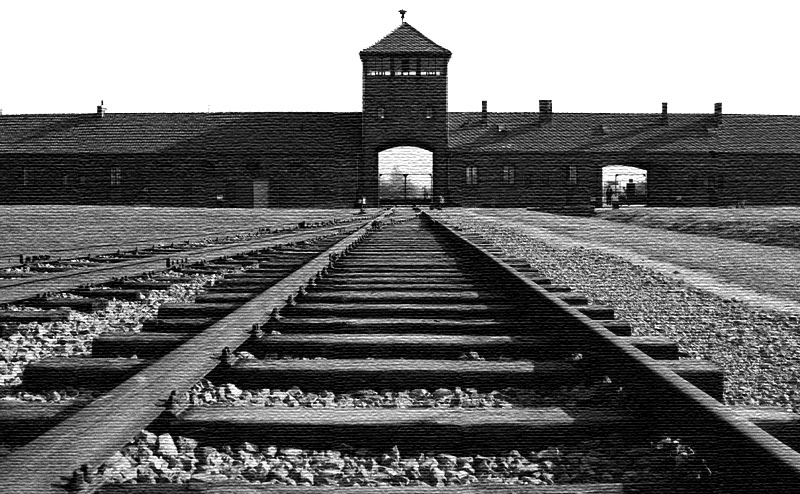Holocaust Memorial Day promotes honor, prevention
April 13, 2018
April 12 is Holocaust Memorial Day, a commemoration day that has been held for the last 17 years since 2001. It’s a day where the victims of this horrific event in history are remembered and honored as well as to promote Holocaust education across the world according to the United States Holocaust Memorial Day website.
This day was first created in the U.K but has now branched out to other countries who hold national ceremonies on other dates that are connected to the Holocaust, according to the United States Holocaust Memorial Day website. Though some teachers do not have anything specifically planned, they have their own ways of commemorating the victims.
“I will take some time out of my day to think about and remember those who went through this experience,” Derek Jones, history teacher said.
“There is a clip of Elie Weisel we watch of his talk of what he went through and how it relates back to his novel “Night,” Samantha Kukuk, English teacher, said.
Even though the Holocaust occurred more than 60 years ago, that does not make this memorial date any less important for now and the future.
“The importance of having a Holocaust Memorial Day is to remind people of the importance of the time, and to ensure something like this does not happen again,” Ivana Trajceska, freshman said.
“It could give insight on the awful things that happened and can help prevent anything like it from happening in the present or future” Maddie Kearney, freshman said.
Already, there have been changes seen since the Holocaust.
“As a society we have seen progress made with women’s rights and civil rights throughout history,” Jones said.
No matter the progression that has been made, the lasting impact from the Holocaust still lingers.
“It affected an entire demographic. Not only Jewish individuals, but also groups of different ethnicity, religion, race, and sexuality were victimized,” Jones said.
These victims went through a variety of different hardships during this six-year period.
“Forced labor, confiscated property, executions, and medical experiments were conducted on these individuals,” Jones said.
However, some teachers look at this travesty in a different light.
“Elie Weisel did an interview, and he says he looks at the left behind shoes at Aushwitz and he says look at all the people who have died out, the doctors, the poets, the scientists”, Kukuk said.
“Did we lose the cure for cancer, or a great poet, or politician that could bring about change, what did we lose?”




